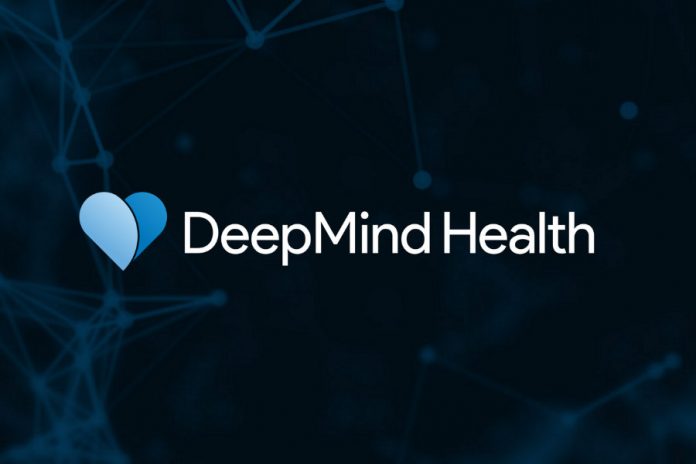
Google’s DeepMind recently announced a research partnership with the Radiotherapy Department at University College London Hospitals NHS Foundation Trust (UCLH). Both organizations plan to make radiotherapy planning for head and neck cancer more efficient.
The UCLH provides world-leading cancer treatment, while DeepMind has some of the best machine learning techniques. Combining these methods could reduce the amount of time it takes clinicians to plan radiotherapy treatment for such cancers.
Head and neck cancer is the sixth leading cancer by incidence worldwide and eighth by death. Oral cavity cancer has risen by 92% since the 1970s, and there are 500,000 new cases every year. It usually develops in males in the 6th and 7th decade.
https://www.youtube.com/watch?v=rKjUr8Nbicc
Even though advances in radiation therapy treatment have improved survival rates, doctors still spend much time planning it to ensure none of the delicate nerves or organs found in this area of the body get damaged. Cancer at the back of the mouth or in the sinuses is particularly hard to treat with radiotherapy.
How do clinicians plan radiotherapy treatment?
Before administering radiation therapy, doctors have to go first through a process known as segmentation. They have to map out into a radiotherapy machine the areas of the body they are going to treat as well as the ones to avoid. The apparatus then targets cancers without harming any healthy tissue.
However, when tumors and vital anatomical structures are very close to each other, like in head and neck cancer, clinicians need to draw those lines with extreme detail. Hence, segmentation can take up to four hours.

UCH Macmillan Cancer Centre it’s UCLH’s head and neck cancer center and hosts the best radiotherapy team in the UK. But they think there’s still room for innovation and have chosen to ally with DeepMind’s learning machine capabilities to improve the segmentation process.
DeepMind believes the partnership could reduce radiotherapy planning
The exploratory research will see DeepMind analyze scans from up to seven hundred former patients at UCLH to determine if machine learning could make radiotherapy planning more efficient.
If the research is successful, it would provide clinicians with a radiotherapy segmentation algorithm, and allow them to focus more on patient care, education, and research. The algorithm could work on other areas of the body as well.
While Doctors will still decide radiotherapy treatment plans, DeepMind hopes to reduce segmentation from four hours to one hour. Following UCLH’s Information Governance policy, all scans will be made anonymous before Google’s subsidiary analyzes them.
Source: DeepMind











